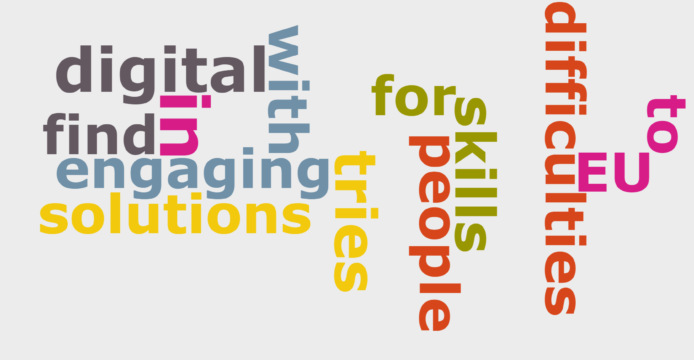The European Commission and the Member States of the EU have identified two major challenges of the Single Market: 1) the lack of a whole-of-government approach to digital education and training, and 2) difficulties in equipping people with the necessary digital skills.
Despite progress and some excellent examples of innovation, combined efforts have so far not resulted in systemic digital transformation in education and training. EU Member States still face difficulties to attain sufficient levels of investment in digital education and training infrastructure, equipment and digital education content, digital training (up-skilling) of teachers and staff, and monitoring and evaluation of digital education and training policies.
In order to respond to these challenges the European Commission has submitted two recommendations to the Council of Ministers:
The first one calls on all Member States to ensure universal access to inclusive and high-quality digital education and training, to address the digital divide, which has become even more apparent in the light of the COVID-19 crisis. This could be achieved by creating a coherent framework of investment, governance and teacher training for effective and inclusive digital education. It proposes guidance and action that Member States can pursue to implement a whole-of-government and multi-stakeholder approach as well as a culture of bottom-up innovation and digitalisation led by education and training staff.
The second one calls on Member States to start early by providing digital skills in a coherent way through all levels of education and training. This can be ensured by establishing objectives and setting up targeted interventions for specific ‘priority or hard-to-reach groups‘. The proposal calls on Member States to support high quality informatics in schools, to mainstream the development of digital skills for adults, and to address shortages in information technology professions by adopting inclusive strategies.
A key action by the Commission will be facilitating the recognition of certification of digital skills. To this end, the Commission will run a pilot project of the European Digital Skills Certificate together with several Member States. The certificate aims to enhance the trust in and acceptance of digital skills certification across the EU. This will help people have their digital skills recognised widely, quickly and easily by employers, training providers and more. The results of the pilot will be presented as part of a feasibility study on the European Digital Skills Certificate towards year-end. The final European Digital Skills Certificate will be rolled out in 2024 based on the pilot’s outcomes and the study’s findings.

